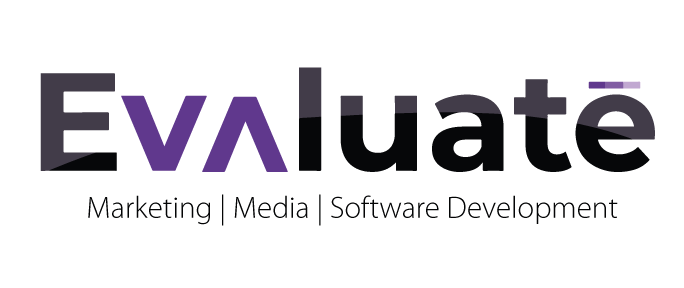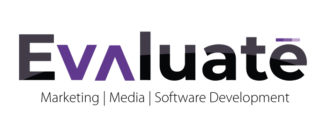Media interviews are a very important part of establishing any brand. They are particularly important when you are the brand. It’s an opportunity for you to get your voice heard, to get your key messages across, and for people to understand exactly what you are about.
However, that doesn’t mean that you should automatically jump straight in and agree to every interview that you are offered, and you should certainly never go into an interview unprepared.
Therefore, a bad interview can cause serious damage to your reputation, and it’s better not to do an interview than risk going in unprepared.
The following tips are going to guide you through preparing for your media interview;
1. Be prepared: Many people think they can wing it because they feel assured that they know their topic inside and out and that preparation isn’t necessary. Wrong. You will come across as a true expert when you speak strongly and assuredly about the topic. Remember, this interview is also an opportunity for the reporter or outlet to invite you back or become a part of their in-house Experts List.
2. Know why you’re being interviewed: isn’t that obvious? Ask in-depth questions about the topic and how you can be helpful. It’s okay to ask what the reporter expects to get out of the interview.
3. Research the publication: Google the publication in which the article quoting you will appear. go through a few articles to understand the readers. As you prepare for the interview, frame your story in a way that fits with the publication’s overall approach, explaining why the reader of this specific publication should care about your work.
4. Ask for questions in advance even though you won’t always get them: Some writers provide questions in an email to help you prepare for a phone or in-person interview. Be aware that even if a writer provides questions in advance, he or she may veer away from them during the actual interview, so it’s not enough to prepare only for those particular questions.
5. Strong quotes help you and the reporter: reporters love good sound bytes. Solid, memorable quotes for their article or newscast make a good story, a better story. Know in advance the key message or quote you’ll want to make, as it will add credibility, interest, and emotion to the interview. Help make your message memorable by using key action words or descriptive metaphors.
6. Say thank you: follow-up after a successful interview with a reporter isn’t critical but a quick, thoughtful “thank you” can go a long way. In your thank you email, offer to be available for future topics in your industry. This gesture will help you stand out from others in your industry.

